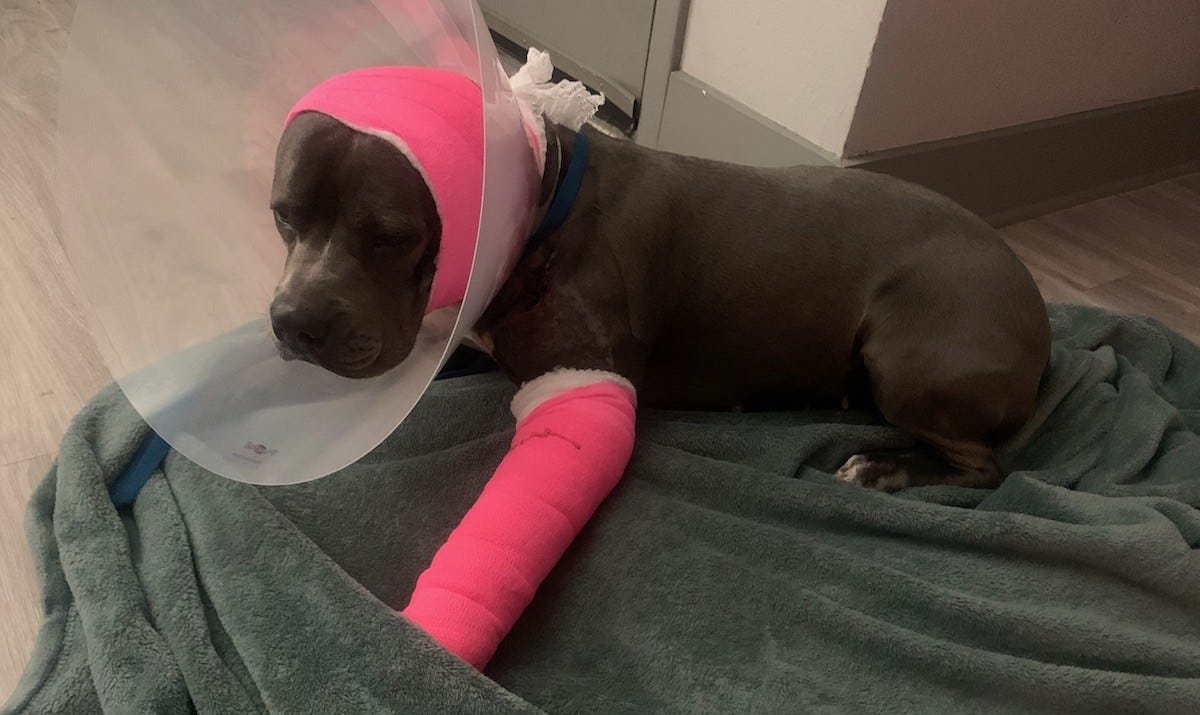
These are some of the stories making headlines in animal protection:
A Mexican Court “extended a ban on bullfighting in Mexico City indefinitely,” marking “the end of almost 500 years of bullfighting in Mexico.”
“Since 2013, four states in Mexico have already banned bull fights, and polls indicate substantial support for a ban. A ban in Mexico City — currently the largest venue for the events — would be an international setback for bullfighting.”
Supporters claim it is part of their culture. “According to historians, Spanish conqueror Hernán Cortés watched some of the first bullfights in the city in the 1520s, soon after his 1521 Conquest of the Aztec capital.” The argument is absurd. A history of oppression of animals does not justify it going forward. Indeed, the last two centuries of human history have witnessed the widespread rejection of many abusive practices in terms of our relationships with each other, including racism, sexism, and other discrimination. When it comes to animals, neither people nor animals need likewise be prisoners to an unjust and misguided past. As one commentator noted, “All our societies evolve as a matter of necessity and this means customs that are cruel and unacceptable may be among those to go.”
The company that profits from the abuse of bulls “said it would appeal the ruling.”
All dogs are police dogs.
A new Ohio State University study found that the more dogs in the neighborhood, the lower the crime rates, including homicides, robberies, assaults, burglaries and other property crimes. This is true even if other factors normally lead to higher crime rates, such as a large “proportion of young males in the neighborhood, residential instability and socioeconomic status.” The combination of barking and “people walking their dogs put[ting] more ‘eyes on the street,’” discourages crime. “There has already been a lot of research that shows dogs are good for the health and well-being of their human companions.” This “study adds another reason why dogs are good for us.”
As more people turn to rescue and adoption and more shelters embrace progressive policies, the number of communities placing over 95% and as high as 99% of the animals is increasing:
Routt County, CO, reported a 97% placement rate for dogs, 98% for cats, and 100% for rabbits and other small animals.
Longmont, CO, reported a 98% placement rate for dogs and 95% for cats.
Missaukee County, MI, reported a 97% placement rate for dogs, 91% for cats, and 100% for rabbits and other small animals.
These communities and national data prove that animals are not dying in pounds because there are too many, too few homes, or people don’t want the animals. They are dying because people in those pounds are killing them. Replace those people, implement the No Kill Equation, and we can be a No Kill nation today.
As reported earlier, the federal government filed a lawsuit against Envigo, “a company that runs a Virginia facility breeding dogs for research of violating animal welfare law and recently seized at least 145 beagles found to be in ‘acute distress.’”
According to that report,
Repeated federal inspections… have resulted in dozens of violations, including findings that dogs had received inadequate medical care and insufficient food, were housed in filthy conditions, and some had been euthanized without first receiving anesthesia. Hundreds of dogs have also been found dead at the facility.
After that, the government rescued more dogs. “Envigo has relinquished 446 beagles seized pursuant to a search warrant and determined to be in ‘acute distress.’ That’s an increase from the 145 dogs officials said had been seized at the time they filed their complaint.”
A restraining order prohibited the company from “breeding, selling, or otherwise dealing in beagles,” but when the company announced it was closing the facility and settling the case, it asked the court to allow it to sell the remaining dogs to other laboratories for research. The court denied the request. Instead, Envigo and the government jointly filed a transfer plan so that all of the beagles will be sent “to shelters where they can be adopted.”
“According to court documents, Envigo will cover a monetary fee for each dog to help defray the costs to the shelters of preparing the beagles for adoption.”

















